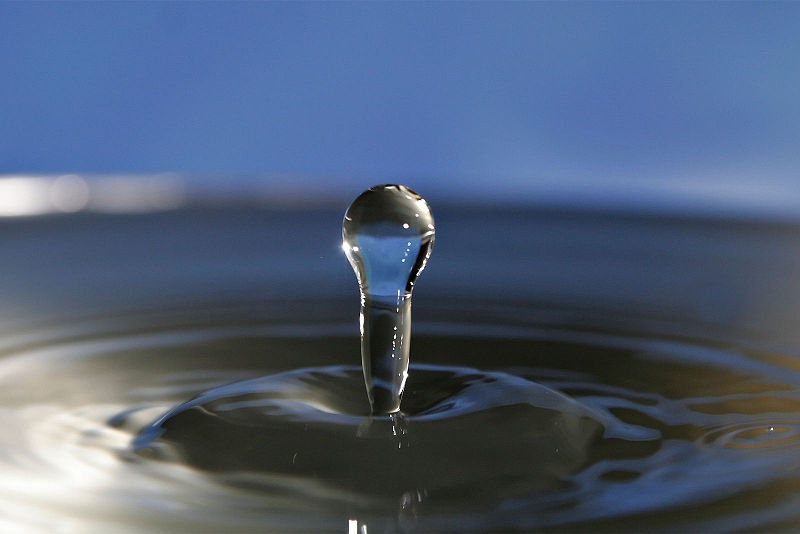Canadians’ efforts to save water appear to be going down the drain despite their reported concern about its availability, according to the third annual Canadian Water Attitudes Study, commissioned by RBC and Unilever and endorsed by the Canadian Partnership Initiative of the United Nations Water for Life Decade. While almost eight-in-ten (78 per cent) believe they try at least reasonably hard to conserve water, many admit to knowingly engaging in water wasting activities such as leaving the tap running when washing and rinsing dishes (44 per cent) and hosing down their driveways (19 per cent).
“There is an obvious disconnect between Canadians’ attitudes towards water conservation and what they’re actually doing,” says leading water expert Bob Sandford, chair, Canadian Partnership Initiative of the UN Water for Life Decade. “Canadians say they are much more concerned about the availability and quantity of fresh water than any other natural resource, yet their efforts to conserve water are actually decreasing. This should be a huge concern, given that we live in a society run by water and the long-term supply of this precious resource is already at risk in many parts of the country.”
The Canadian Water Attitudes Study also reveals that Canadians are more concerned with saving electricity than water. Nine-in-ten (87 per cent) say they try reasonably hard to conserve electricity in their daily activities, higher than the 78 per cent who say the same for water. In addition, three- in-ten (29 per cent) don’t know what they pay for their water, three times the proportion who are in the dark about their electricity bill (10 per cent).
“These findings suggest that Canadians haven’t made the link between water and energy conservation,” says Sandford. “What Canadians may not realize is that generating energy requires a lot of water, and moving water—to make it available for when and where we want it—in turn requires significant amounts of energy. Until people make the link between the two, we won’t achieve anything approaching sustainability.”
Awareness of the correlation between energy and water might help Canadians set new targets for water consumption and adopt new behaviours to better manage water use.
Highlights from the study:
- More Canadians (49 per cent) are drinking tap water this year than last (41 per cent)
- More Canadians (79 per cent) are confident in the safety and quality of Canada’s drinking water this year, up slightly from last year 72 per cent)
- Quebecers are less confident (68 per cent) in the safety of their water than other regions
- Awareness of local government initiatives to conserve water are low (32 per cent), although awareness is higher in some regions such as B.C. (47 per cent) and Saskatchewan and Manitoba (38 per cent)
- One quarter of Canadians (25 per cent) have no idea where the water that flows out of their taps comes from, with Quebecers most likely to admit that they don’t know (32 per cent)
Canadians are generally less concerned this year than last about the declining state of Canada’s natural resources.
- Yet half of Canadians still believe freshwater to be Canada’s most important natural resource (49 per cent)
- Eight in ten (83 per cent) Canadians are concerned about the quality of water in lakes where they swim
- Quebecers and Ontarians are the most likely to be concerned (87 per cent in both provinces)
- Most Canadians (68 per cent) believe that the quality of their swimming lakes is getting worse













